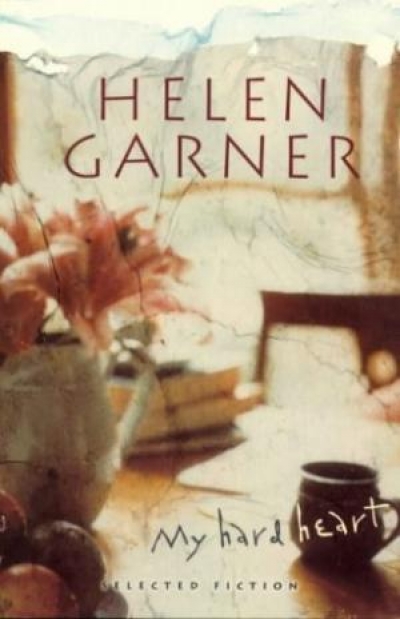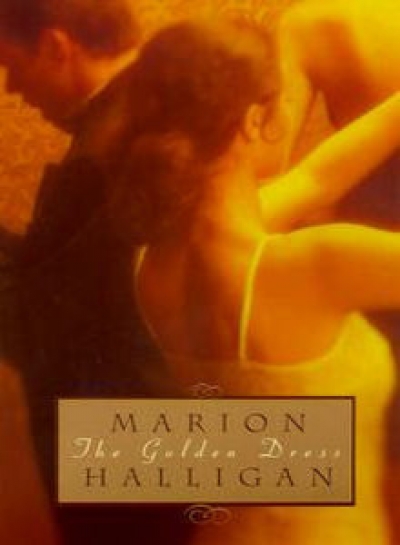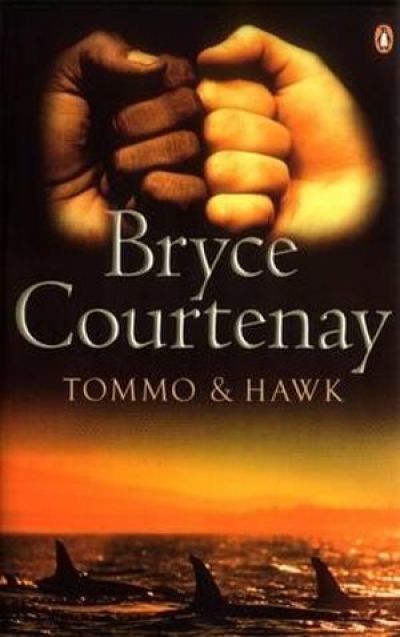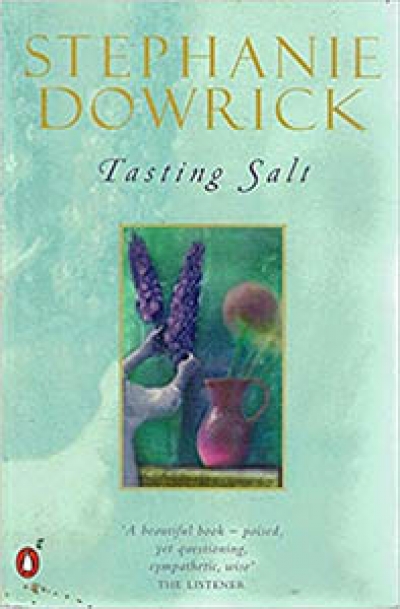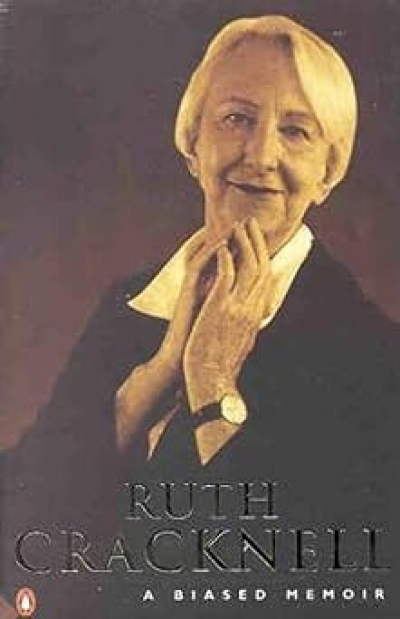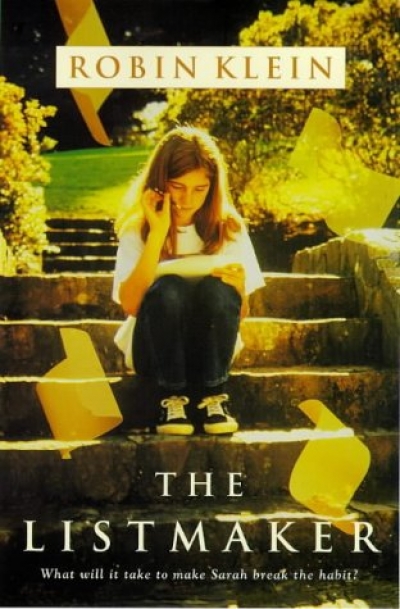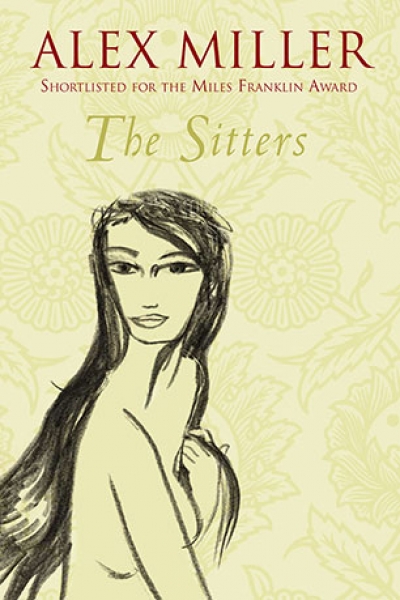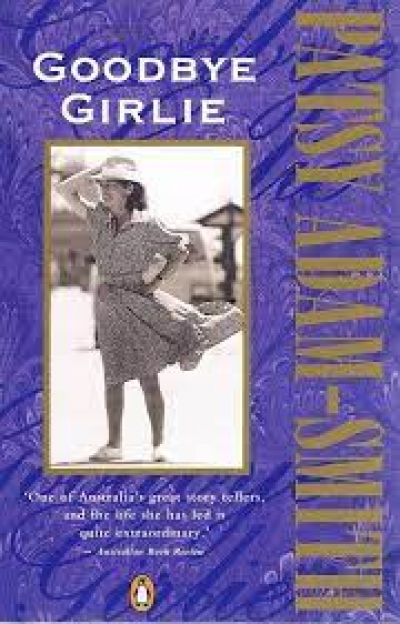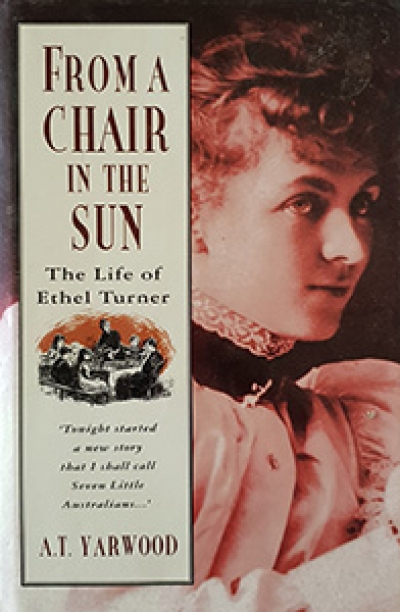Viking
The Listmaker by Robin Klein & The Apostle Bird by Garry Disher
by Stephen Matthews •
From a Chair in the Sun: The life of Ethel Turner by A.T. Yarwood
by Cassandra Pybus •
‘Years ago we threw the old didacticism (dowdy morality) out of the window; it has come back in at the door wearing modern dress (smart values) and we do not even recognise it.’ John Rowe Townsend’s words, from more than a quarter of a century ago, retain a fresh ring of truthfulness. I recalled them after reading The Girl with No Name (Puffin, $8.95 pb), Pat Lowe’s first novel for children.
... (read more)
